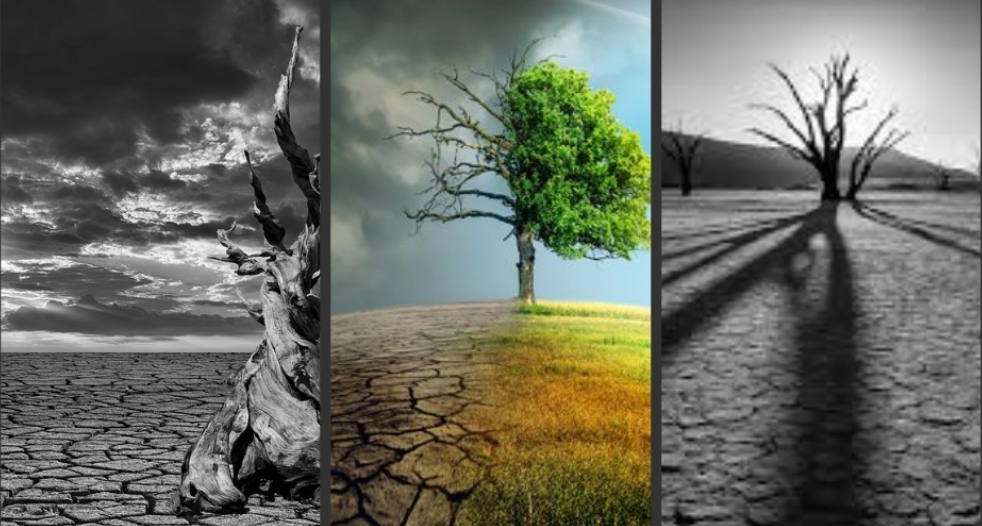In today's world, the wonder of nature is no longer found everywhere. The pristine beauty of our planet, once felt in every corner, is increasingly giving way to landscapes shaped by human hands. More and more, the question is being raised whether humanity is still capable of preserving what it has revered and cherished for centuries. In an era of technological advancement and global interconnectedness, we must face the truth: the natural wonders of the past are threatened by human influence, not only in remote areas but also in the everyday environments in which we live.
A clear example of the disappearance of these wonders is the ongoing destruction of rainforests, particularly in the Amazon. In 2024, the Amazon saw a dramatic rise in deforestation, partly due to illegal logging for agricultural purposes and partly due to political decision-makers placing economic pressure above the protection of the ecosystem. These forests are home to countless species of animals and plants and play a crucial role in the global climate. Their loss means not only the loss of a unique natural beauty but also the loss of vital resources that maintain the Earth's ecological balance. It is a silent but unstoppable drama unfolding before the eyes of the world.
Another example is the increasing pollution of the oceans, which reached new dimensions in 2024. Pollution from plastic waste, especially microplastics, has severely impacted marine ecosystems. The wonders of the underwater world, once untouched and full of life, are now threatened by the enormous burden of waste and chemicals. Coral reefs, once considered "wonders of nature," have been heavily affected. In 2024, scientists reported that over 50 percent of coral reefs worldwide are damaged in some form. The loss of these habitats is the loss of natural beauties that were not only invaluable for the environment but also for human culture and collective memory.
However, there is also hope. In 2024, numerous initiatives were launched to stop or at least slow the loss of natural wonders. In the Amazon, indigenous communities, together with international organizations, have started projects to protect rainforests and promote sustainable agriculture. The international community has also stepped up efforts in 2024 to reduce plastic waste in the oceans, enacting stricter legislation and developing new recycling technologies. These measures show that it is still possible to make a positive impact on the preservation of nature.
The question remains: will it be enough? Will future generations still be able to experience the wonder of nature in its full glory? The answer depends not only on today's political and economic decisions but also on our ability as a society to rethink and take responsibility. The beauty of nature, once found everywhere, requires our active involvement, so that it does not soon exist only in memories and stories.
